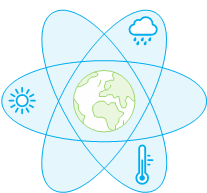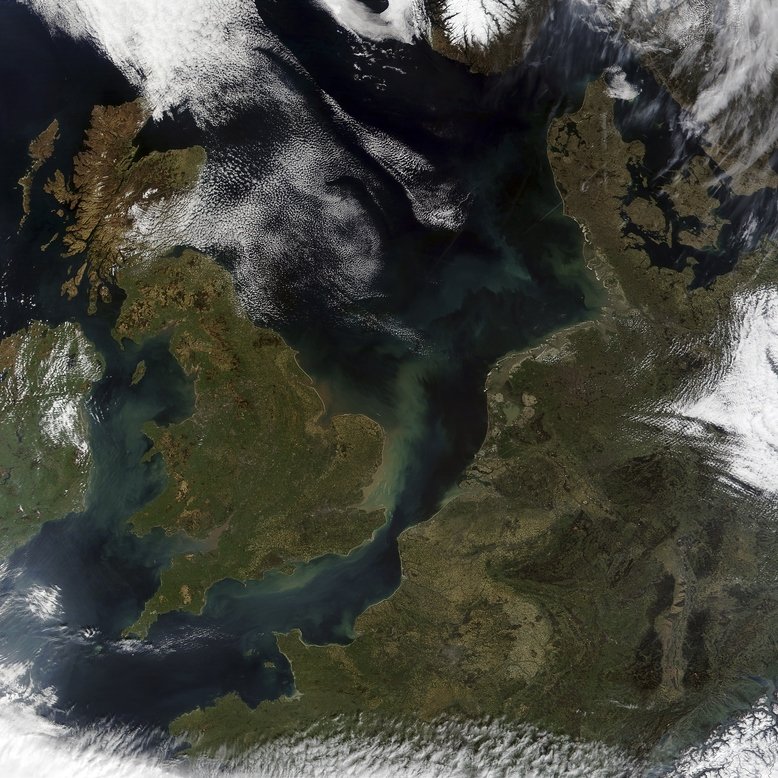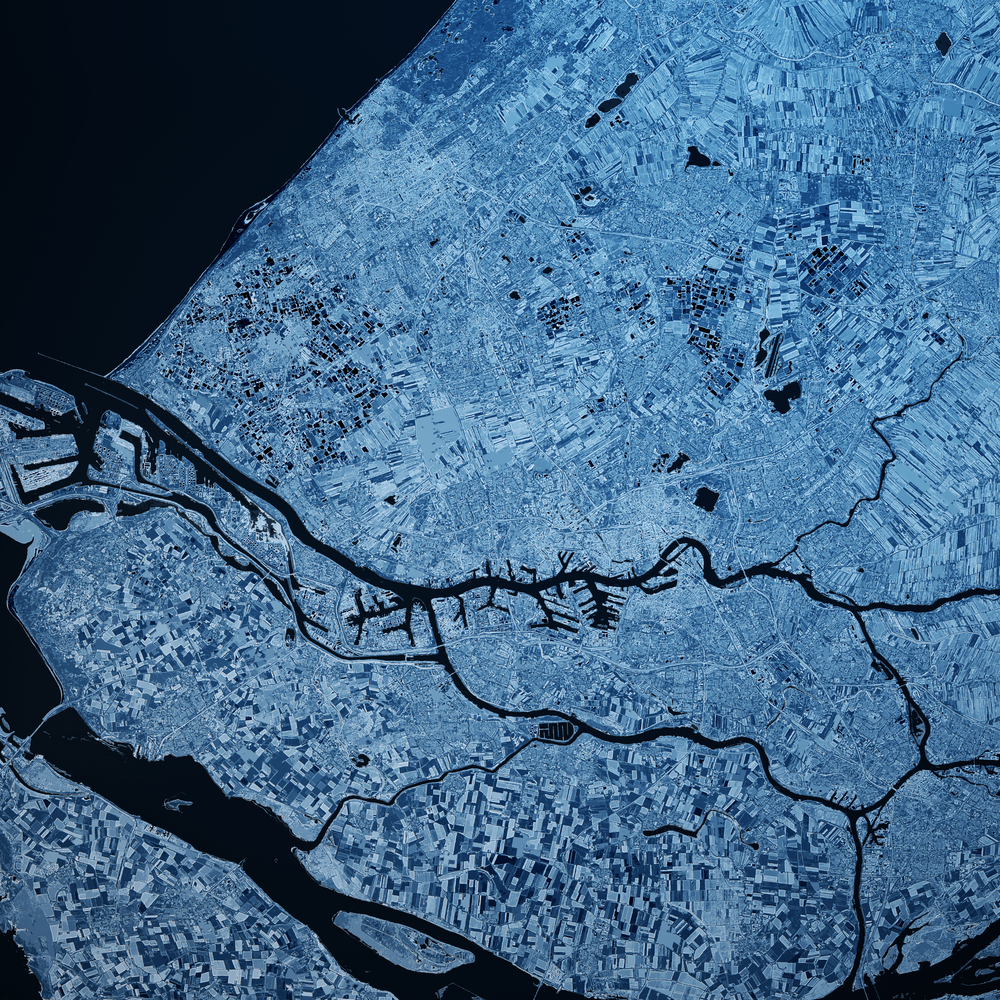Theme I: Climate science
Although climate models are well capable of attributing the observed warming to increased greenhouse gases, there are still variations among different models due to uncertain feedback mechanisms in the climate system; clouds play a large role in this. Reducing this uncertainty is essential in supporting and guiding Climate Action decision making processes. It is also important to keep society in general informed with up-to-date insights into climate change.
All over the campus of TU Delft, researchers work on the topic of climate science, among others by producing climate sensors, by producing models that describe our climate and ways to cope with climate change.

Flagship project
Radiation management for Climate Engineering

Timely emission reductions remain the cornerstone of climate policy but pose an increasingly difficult challenge. Against this background, strategies of Climate Engineering by means of radiation management (CERM) are increasingly discussed as a potential addition to our portfolio of responses to climate change. Scientifically assessing the (in)feasibility and (un)desirability of such CERM suggestions is a highly interdisciplinary and multi-faceted endeavour. Current research at TU Delft ranges from the technical via policy to ethical aspects of CERM.
Flagship team
Franziska Glassmeier
Herman Russchenberg
Irene Dedoussi
Jeanette Heiligers
Steven Hulshoff
Isabelle Steinke (Academic Career Tracker)
Flagship project
Urban Flow and Climate

Urban areas are particularly vulnerable to extreme weather events, such as droughts, heat waves, unhealthy pollution levels, extreme precipitation and floodings. As these extremes are becoming more severe, both in intensity and in impact, as a result of global warming, there is in increasing need to better understand and predict how the built environment influences the local climate, both under present as well as for future climate conditions (i.e., urban heat island effect, dispersion of pollution, wind, and humidity). Equally important is the need to predict and quantify the impact of urban mitigation measures (e.g. urban greening, water in the city, emission reductions) on the local urban climate.
Flagship team
Christian Poelma
Rene Pecnic
Wim-Paul Breughem
Stephan de Roode
Fredrik Jansson
Louise Nuijens
Pier Siebesma
Steven van der Linden
Clara Garcia Sanchez
Pedro Costa (Academic Career Tracker)
Flagship project
Regional Sea Level Rise

Sea level rise is one of the main effects of climate change that the Netherlands faces. While coastal engineers and policymakers need accurate regional sea level projections, our physical understanding of how the circulation in deep oceans impacts sea level in shallow seas like the North Sea, and hence our ability to model this, is still limited. We will address this issue by studying the connections between sea level change on ocean basin scales and coastal scales, as well as the underlying dynamical processes in the ocean driving them, for present-day and for future climates. Possible approaches include the development and application of high-resolution numerical models and sophisticated analyses of observations.
Flagship team
Caroline Katsman
Riccardo Riva
Renske Gelderloos (Academic Career Tracker)
Flagship project
Machine Learning for Regional Climate

Climate models are the primary tools used for generating projections of climate change under different future socio- economic scenarios and provide key input for regional decision making for a future climate resilient society. However, due to the large range of spatial and temporal scales and huge number of processes being modelled, these climate models are extremely computationally expensive to run, analyze and interpret using traditional tools and methods. Therefore, there is great interest in how machine learning (ML) might help to improve regional climate projections, especially with novel ML methodologies that are interpretable, show physical consistency, allow assimilation of observations and models across different scales, and that can handle complex and uncertain data. On the application side, these ML techniques should contribute potentially to the improvement of regional projections for the Dutch delta, where downscaling of global circulation models and uncertainties in circulation patterns are some of the main challenges.

![[Translate to English:] [Translate to English:]](https://filelist.tudelft.nl/Websections/Climate_Institute/geoscience%20and%20remote%20sensing.jpg)
![[Translate to English:] [Translate to English:]](https://filelist.tudelft.nl/Websections/Climate%20Action/space%20institute.png)